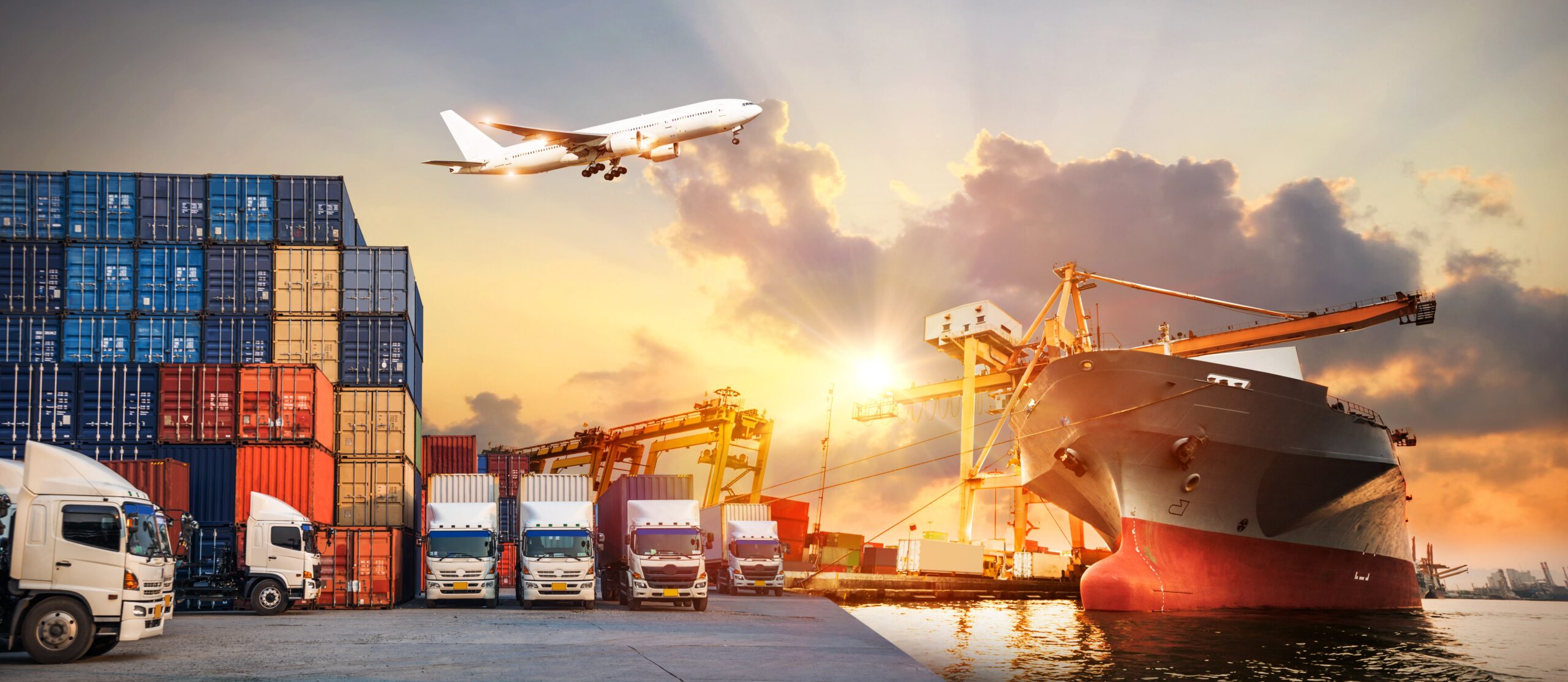Indonesia is an archipelago comprising more than 17,000 islands, rely on cargo trips that work efficiently to sustain its economy and link its various regions. Due to its extensive expanse of seas and islands logistics for transportation are vital in ensuring that the goods arrive at their destinations in a timely manner. The country’s unique geography and its location on major trade routes around the world, makes cargo expeditions an indispensable part of daily existence and the development of its economy. From connecting remote villages to vibrant urban areas to aiding international exports, cargo services constitute the foundation of Indonesia’s trade and commerce. The rapid growth in industries like manufacturing, e-commerce and manufacturing have also highlighted the importance of these companies in propelling Indonesia’s economy to the next level.
The geographical terrain of Indonesia poses both challenges and opportunities for cargo voyages. Islands are separated by seas, rivers as well as a range of terrains which makes it essential to use a multi-modal transport system. Ships, airplanes, trucks and trains all work to create a seamless logistic network that is able to overcome the challenges. The major ports, such as Tanjung Priok in Jakarta, Tanjung Perak in Surabaya, and Belawan in Medan serve as vital hubs, ensuring seamless movement of goods and services between islands as well as international markets. However, weather fluctuations as well as infrastructure deficiencies in rural areas sometimes create bottlenecks. To address this issue both the private and government sector are investing in technological solutions such as real-time tracking, routes optimization, as well as infrastructure enhancements to guarantee the smoothest operation.
The explosion of e-commerce in Indonesia has fueled significant growth in the cargo expedition sector. Online marketplaces such as Tokopedia, Shopee, and Lazada have resulted in huge increases in need for logistical services especially for deliveries that last. Since more and more customers are shopping online, retailers have felt required to increase their reach and improve delivery efficiency to cater to consumer expectations. Numerous logistics companies now provide tailored solutions for e-commerce businesses, including warehousing, order fulfillment, and fast delivery services. The explosion of digital retail has not only modernized the logistics industry but also connected remote areas with the global and urban markets. In the end, cargo transport has been a vital part of Indonesia’s economic digitalization.

International trade is another sector that ekspedisi jakarta muat missions play a pivotal role. Its central location on major shipping routes make an important location for commerce around the world. Exports of palm oil, coal, textiles, rubber, and fish are transported internationally, due to the efficient operations of cargo services. Furthermore it is worth noting that the Indonesian government has prioritized enhancing the country’s ports and logistics infrastructure with initiatives such as that of the “Sea Toll” program, which aims to ensure products are distributed throughout the archipelago for less. Initiatives like the extension and expansion of Patimban Port and improvements to New Priok Terminal further underscore the nation’s desire to be a leading logistics hub within Southeast Asia. These developments not only support local trade, but they also encourage foreign investments and partnerships in the logistics sector.
Sustainability is now more important in the cargo journeys that take place in Indonesia. Due to the growing concern of global citizens about the effects of climate change on the environment, logistics companies are now seeking ways to minimize their carbon footprint. Green practices, such as employing energy efficient vehicles, using more sustainable fuel options, and improving delivery routes have become more popular within the field. Additionally, the government has introduced policies to encourage environmentally sustainable shipping. This has led companies to innovate and align with global environmental standards. When sustainability becomes a major issue, the freight expedition business is set to grow even more, finding a way to strike a balance between economic growth and environmental responsibility.
In the end, cargo operations in Indonesia are a vital lifeline that connects the country’s islands, boosts economic activity and connects local market with global trade. Despite the logistical challenges that are posed by its geographical location, the sector has shown resilience and adaptability through advances in technology, strategic investment, and a growing emphasis on sustainability. Whether supporting the booming eCommerce industry or making sure there is a efficient flow of international trade cargo voyages play a crucial role in the Indonesian social and economic fabric. With continuous efforts to modernize infrastructure and implement innovative strategies for cargo-related expeditions in Indonesia appears promising. As the country is thriving as a maritime country the cargo industry will remain a driving force behind its progress and development.
